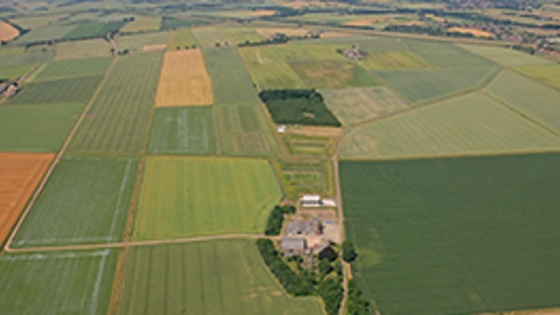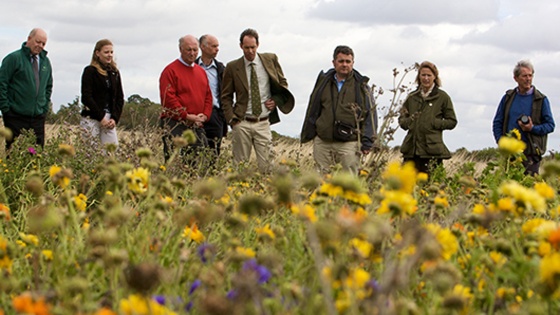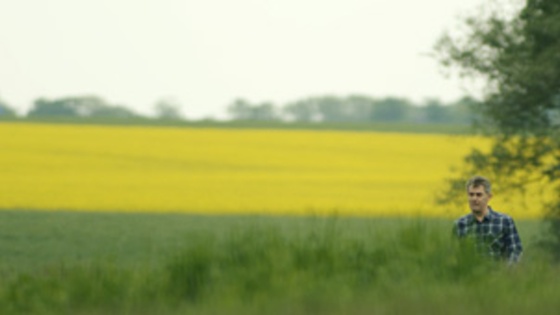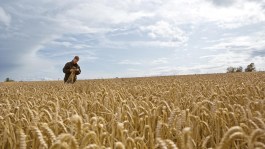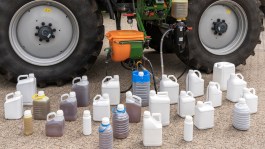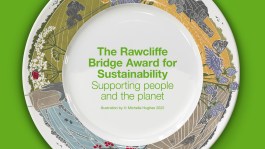Climate Smart Farming
BASF are supporting farmers to become more carbon efficient and resilient to volatile weather conditions with technologies that increase yield, make farm management more effective, and decrease environmental impact.
"Climate change is one of the greatest challenges of our time, which we can only tackle with collaboration. Everyone involved in agriculture needs to work together – farmers, industry, academia, food producers, retailers, and civil society. We at BASF are in a unique position to support farmers along the whole value chain – serving the agricultural, food and feed industries – to find the right balance between feeding a growing population, protecting our planet and securing that farmers can earn their living."
Livio Tedeschi, President of BASF's Agricultural Solutions
What are we doing to achieve Climate Smart Farming in the UK?
BASF has been committed to researching the best ways in which they can support farmers to decrease their environmental impacts for many years. As a result, we have a wealth of data and resources to share. Our two sustainability farms at Rawcliffe Bridge and The Grange have been a particularly valuable asset in helping us understand how profitable farming can work hand in hand with nature.

